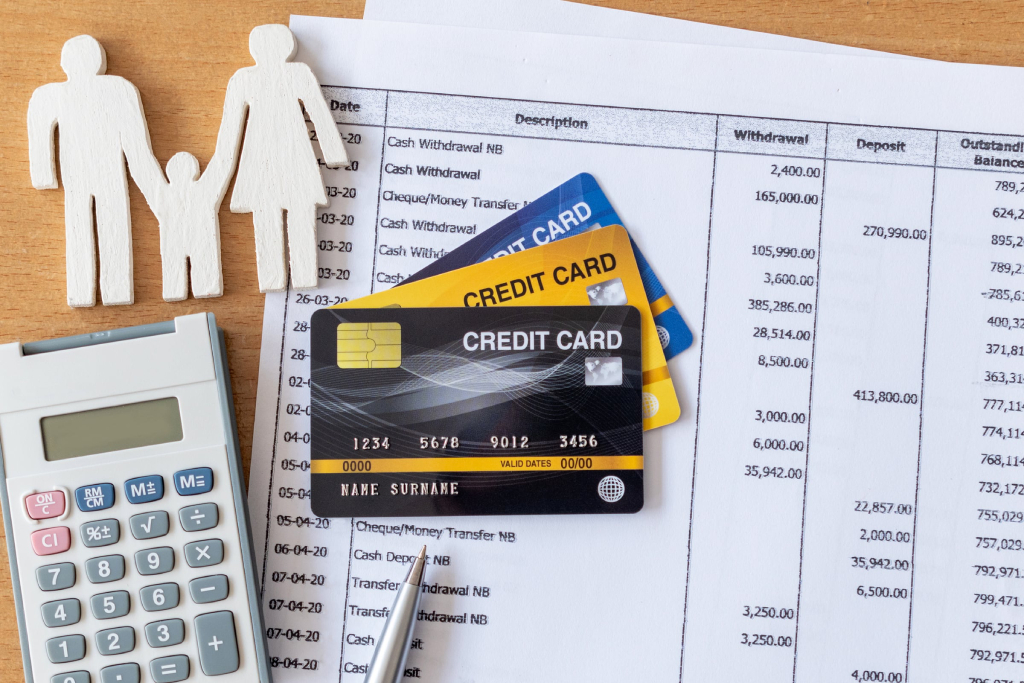
Building Credit and Stopping Creditors
Building good credit takes time and effort, but getting there is possible if you know what to do. Several factors determine your credit score, including how long you’ve been paying debts on time. Credit scores range from 350 to 850, with higher scores indicating better credit. The most crucial step is to be financially savvy, keep track of your spending, and pay off any debt as soon as possible. Below, you’ll find a few tips to build credit!
Credit allows people to acquire goods, services, and capital without having to pay for them immediately. Your credit score indicates how reliable your payment history is and whether you have enough equity in your home or other assets to qualify for loans. Those with good credit will have better access to financial services and benefits than those with poor credit. The trick is getting that good credit. Here we will discuss the steps you can take to build your credit and stop creditors from hounding you when you need to pay them back.
Have a Budget
Keeping track of your spending is essential in stopping creditors from disturbing you. A budget is a great way to control spending and keep you from overspending. It’s also an excellent way to ensure you always have enough money to meet your needs. By tracking how much you spend each month on groceries, entertainment, clothing, and other items, you can plan and make sure that your expenses are reasonable. Make a budget that works for your situation. If you need help getting started with a budget, you can use apps like Mint, or You Need a Budget to help you track your spending.
Check Your Credit Report Regularly
Your credit report is a record of lenders’ information about you and your credit history. Your report is based on information you provide lenders when applying for loans, like mortgages or credit cards, or when renting an apartment. It also includes data from other sources like public records, utility bills, and court files. You can get an annual free copy from each of the three major reporting agencies: Equifax (EFX), TransUnion (TRU), and Experian (EXPN). These reports will help you learn about your credit history, including how it’s been affected by new accounts and any errors in your score. You can also use these reports to check for potential identity theft.
Pay Your Bills on Time
While it’s tempting to skip a payment or two to put off the hassle, doing so will only result in disputing the charge and potentially losing the ability to make future payments. A late payment can also result in penalties, including a higher interest rate and even a hard “no” from a lender the following year. Try to make your payments on time by setting up automatic monthly payments or dividing the bill into smaller payments. The interest you’ll save by paying off your debt sooner can be enough to pay for a set amount of interest.
Conclusion
Building your credit and protecting your finances is a process that takes time. By establishing good habits, you can make the right choices in the future. The government is partnering with the private sector to make credit more accessible to those who need it most. Pre-paid cards, secured credit cards, and other services are designed to help those with bad credit build good credit and take control of their financial future. The Consumer Protection Group has the American people at heart and is working hard to ensure financial freedom for everybody.

